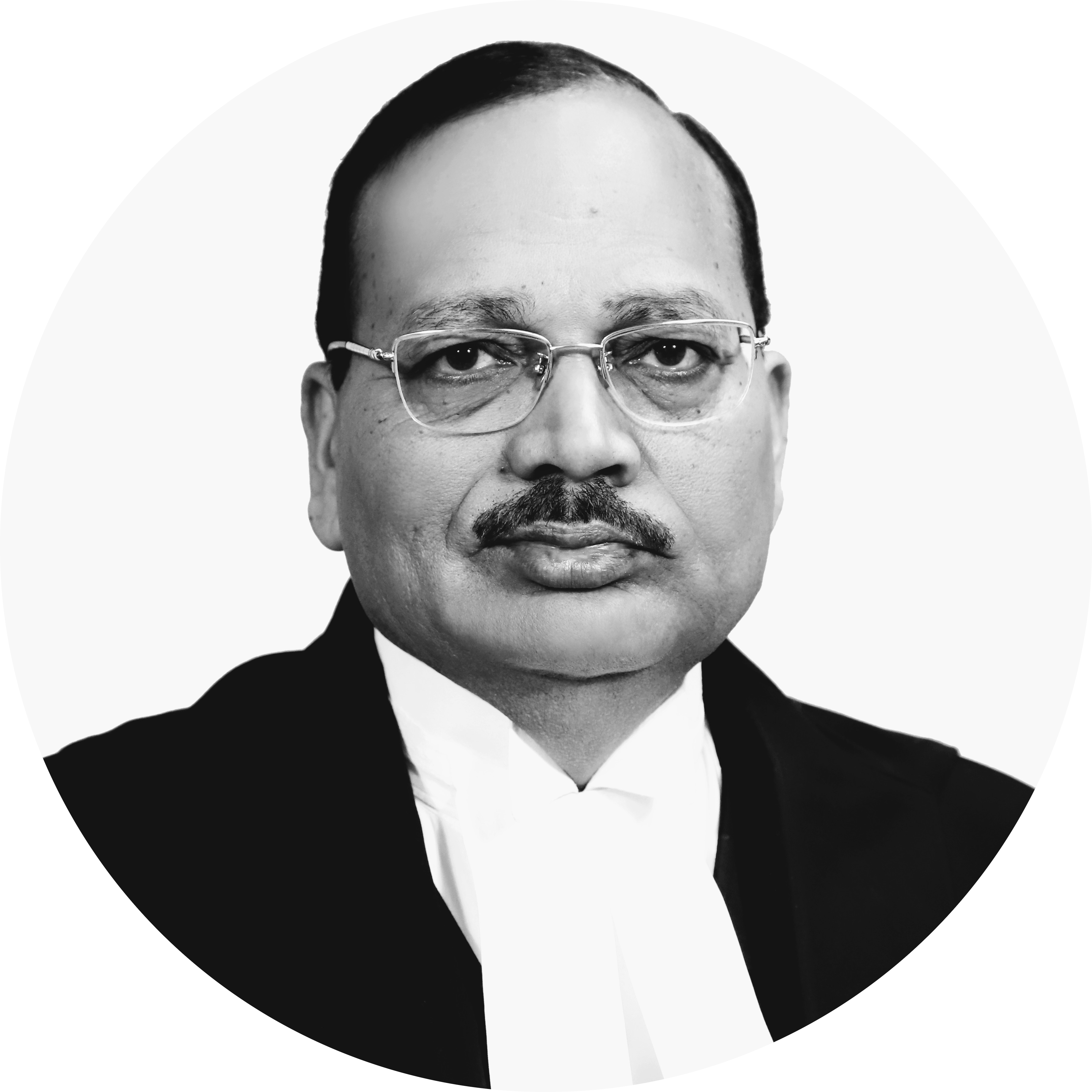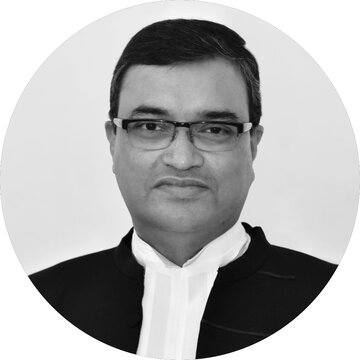Rohingya Deportation
Mohammad Salimullah v Union of India
The Supreme Court will review whether the Union can deport Rohingya Refugees, a Muslim minority from Myanmar, back to Myanmar, the country of their persecution.
Pending
Parties
Petitioner: Mohammad Salimullah
Lawyers: Dr. Rajeev Dhavan; Mr. Prashant Bhushan; Dr. Ashwini Kumar; Mr. Colin Gonsalves.
Respondent: Union of India; National Human Rights Commission; United Nations High Commission for Refugees
Lawyers: Mr. Tushar Mehta; Mr. Gopal Subramanium.
Case Details
Case Number: WP (C) 793/2017
Next Hearing:
Last Updated: July 15, 2025
TAGS: Article 14, Article 21, Citizenship, deportation, NRC, refugee rights
Key Issues
Does the deportation of Rohingya Muslims violate the right to equality under Article 14, considering that similarly placed immigrants are not being deported?
Does the proposed deportation of Rohingya Muslims – who face an existential threat in Myanmar – violate their right to life under Article 21?
Do fundamental rights apply to non-citizens?
Is India bound by the ‘Non-Refoulement’ principle which is considered a part of Customary International Law, despite not signing the 1951 Refugee Convention?
Case Description
A petition has been filed before the Supreme Court, challenging the decision to deport Rohingya Muslims who have taken refuge in India to escape persecution in Myanmar.
Rohingyas are a small ethnic minority from Myanmar’s Rakhine state, who have been facing violent persecution at the hands of the Myanmar government, military and Buddhist nationalists. Lakhs of Rohingyas have fled their home country in the recent past to seek shelter in neighbouring countries. While the Rohingya claim that they are indigenous to the Rakhine region of Myanmar, the Myanmar government has, for more than a century, considered them to be refugees from the neighbouring state of Bangladesh. The Rohingyas’ situation has led human rights organisations to describe them as the ‘most persecuted community’ in the world.
According to Indian home ministry estimates, there are around 40,000 Rohingya Muslims living as undocumented refugees in various parts of India. The Government claims that about 10,000 live in Jammu and Kashmir, with rest spread out in Delhi, Haryana, Rajasthan etc. The petition has been filed by two Rohingya immigrants, Mohammad Salimullah and Mohammad Shaqir, who relied on a Reuters Report which claimed that the Central Government has decided to deport 40,000 Rohingyas back to Myanmar, the country of their persecution.
India is not a party to 1951 Refugee Convention or its 1967 Protocol and does not have a national refugee protection framework. Nonetheless, India has always been accommodative to refugees on humanitarian grounds as was evident during the Tibet Crisis of 1959, the creation of Bangladesh in 1971 and civil wars in Sri Lanka and Afghanistan, where India gave shelter and protection to lakhs of refugees.
The petitioners have claimed that the proposed deportation violates the constitutional protection of Right to Equality under Article 14, Right to Life and Personal Liberty under Article 21 and fostering respect for international law and treaty obligations under Article 51(c). The petitioners also claimed that the deportation would be in contradiction with the principle of ‘Non-Refoulement’, generally considered to be a part of Customary International law. The principle of ‘Non-Refoulement’ forbids a country from sending back asylum seekers or refugees to a country where they face persecution and is seen as binding on all countries, irrespective of not being a signatory to the 1951 Refugee Convention. The Indian government maintains that a large number of Rohingya migrants represents a national security threat and hence, they should be deported. However, some commentators believe this deportation exercise depicts an underlying change in India’s refugee policy from ‘secular’ to ‘anti-Muslim’. The Indian government has proposed amending the Citizenship Act, 1955 to make the naturalisation process easier for all except Muslim immigrants. The Citizenship (Amendment) Bill, 2016 expedites naturalisation process of persecuted minorities i.e. Hindus, Christians, Jains, Sikhs, and Zoroastrians from Pakistan, Bangladesh and Afghanistan. It specifically excludes Muslims persecuted in these countries e.g. Ahmadiyas in Pakistan or Rohingyas in Myanmar. This petition, apart from deciding the fate of 40,000 Rohingyas in India will also clarify the extension of Fundamental Rights to the case of non-citizens like Rohingyas and the degree to which customary international norms are binding on municipal law.
The matter was mentioned by Advocate Prashant Bhushan before the bench comprising of Chief Justice Dipak Misra, Justice A.M. Khanwilkar, and Justice D.Y. Chandrachud. On 2 October 2018, Chief Justice Misra retired and new Chief Justice Ranjan Gogoi took over.
On 7th March 2021, there were newspaper reports that 150-170 Rohingya refugees in Jammu had been detained and placed in holding centres. There are 6,523 Rohingyas in Jammu, who are concerned about the situation. They feared they would be deported to Myanmar. The petitioners thus filed an interim application to release the detainees. The Government of India has denied that they are detained.
The case next came up for a hearing before a new bench of CJI Bodbe, Justices Bopanna and Ramasubramanium on 26 March 2021. They pronounced their order on 8 April.



